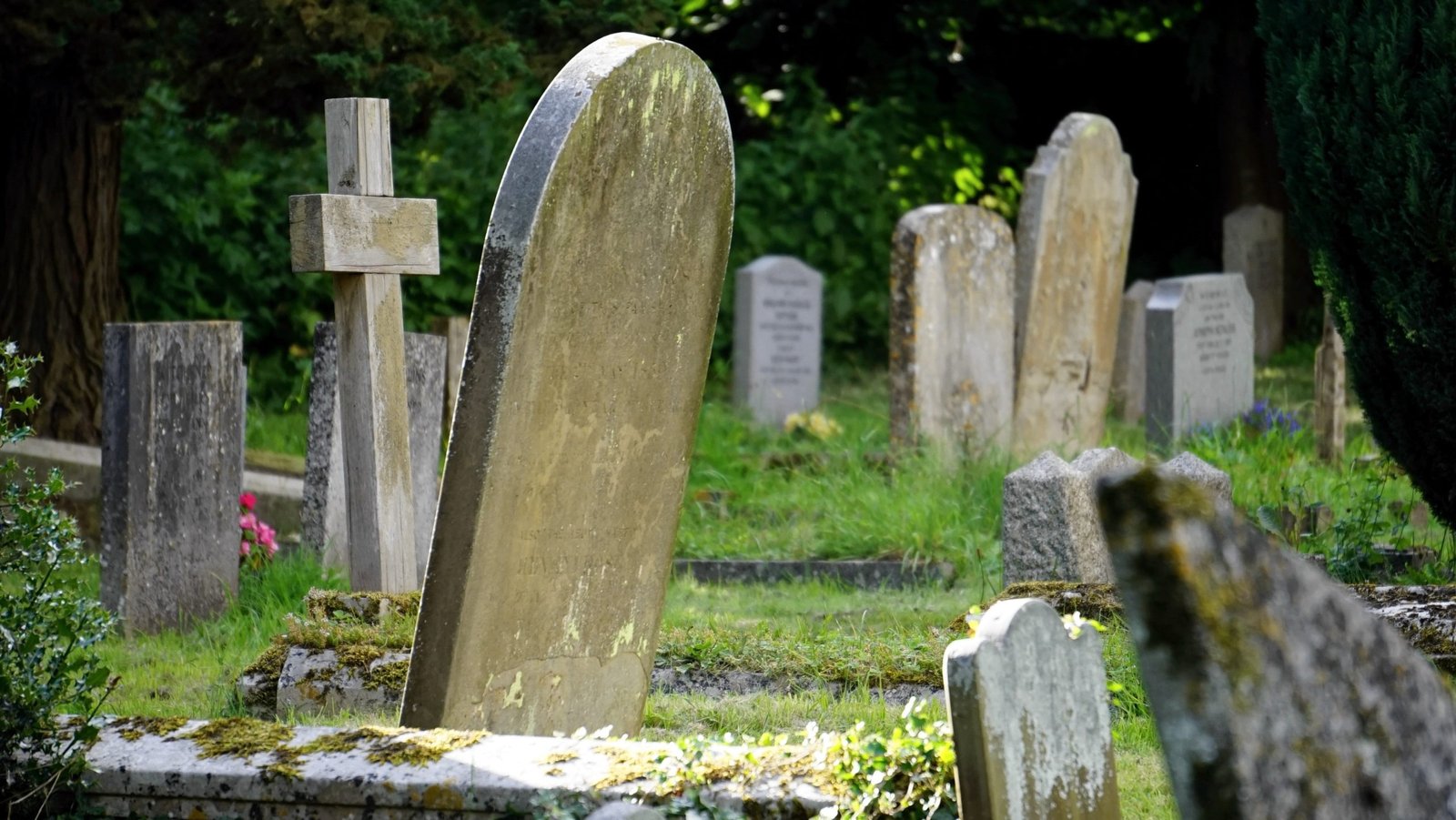Death is an integral part of our lives, and sadness is its faithful companion. This unexpected life upheaval is the most difficult event for most of us. Although we are aware that nothing is forever and that one day our loved ones will leave us, the thought still haunts us. In fact, we suppress it deep inside, not talking or thinking about it until it actually happens. And then, we need to accept that the loss of a loved one is a loss that needs to be dealt with and learn how to continue living by cherishing the memory of those who are no longer with us.
The first step in this is to prepare for a dignified funeral, as the process is a lengthy one as you’ll have to deal with the paperwork and actual funeral preparations. In the text below, we share some advice on the matter.
The paperwork
If the death occurred in the house, the organization of the funeral begins with the notification of the death. The coroner arrives at the call of the emergency medical service and, after the examination, issues a death certificate. On that occasion, it is necessary to have access to the registered data and health documentation of the deceased. In the event of a death in a hospital, the family receives a certificate from that institution, as well as all the accompanying documentation. It should be kept in mind that international transportation of the deceased can be carried out only by companies engaged in this business. They will complete the procedures related to the administrative part of the organization. It remains for you to attach the deceased’s passport, birth, and marriage certificates.
This daunting task can be burdensome, especially in moments of distress, yet is an integral part of the whole process. What often makes it difficult is the sudden realization that the person is really gone, a thought that occurs while preparing all the legal documents. It seems dehumanizing as we treat the individual as a name on a piece of paper, a number in a statistic. While bearing with the loss of a loved one, always seek out professional help and consult with a psychologist regarding the matter. The long talks will help you overcome this period with ease, as someone’s empathy is very-welcomed in moments like this.
The actual funeral
There is a lot to consider while preparing for the actual ceremony. The preparations can depend on the religious beliefs of the deceased person or their wishes if they expressed them before death. You’ll have to think about the type of funeral first and how you wish to send off the individual.
Cremation is carried out in special, ecological boxes. They are made of soft wood without a glossy coating and must not have metal parts. Cremation as a process is well-known and has been practiced for millennia. The cremation process is often cheaper, which is one of the reasons, but besides that, in many cultures, the remains of the individual are kept in special containers (often decorated vases) and held in homes, symbolizing their ever-lasting presence in the lives of their loved ones.
A popular alternative is mausoleum burials. They are often regarded as more grand yet convenient, as they give the loved ones a chance to visit their deceased in a more private and intimate environment later on. Some of the advantages of a mausoleum burial are: a private space more suitable for visits, protection from environmental factors during the ceremony and after, and offering an alternative to cramped and packed cemetery spaces as the resources are often scarce. The type of mausoleum solely depends on your wishes or the wishes of the deceased if they expressed any. You can choose a custom private one, above-ground vaults, and you can construct private monuments in honor of the deceased, garden mausoleums, or even cemetery mausoleums if you wish. The options are many and the practice is known throughout history. People often prefer it over traditional burials as it offers them more privacy and a better-sheltered place. It was also chosen in the old days for individuals as a preventative measure against grave robbery. The ceremony is almost the same; there will be a congregation and later a speech at the burial site with the casket being carried to the resting place.
The preparation of the funeral also includes the selection of the casket and tombstones, if you choose a more traditional burial funeral.
Starting from standard rectangular, trapezoidal, and six-sided hexagonal shapes – different designs bring a wide range. Also, the type of wood is included in the selection for the casket. They are most often made of pressed mahogany, walnut, cherry, maple, birch, oak, pine, and poplar in white, brown, and black. You’ll also have to choose a burial site in an open, public cemetery. This funeral also includes a little speech from religious authorities. This type of ceremony allows family members to part with the person one last time before the casket is lowered into the ground.

The reception at home
This part of the funeral comes last but not least, as often after the whole ordeal is done, you’ll assemble a little reception at home for people to express their condolences. Close friends, work colleagues, and those who spent a lot of time with the deceased come home after (sometimes even before) the funeral to express their condolences to the family. Drinks and coffee are usually brought and words of condolence are said. If someone cannot come home, as well as those who are not included in the wider circle of friends, they come to the funeral and express their condolences to the family there before the funeral service. If someone is away from their place of residence, or is on the road, and is unable to express their condolences in person, it is customary to send a telegram. While people are coming home, you can always look for a catering company to take care of the drinks and food to avoid additional stress in these hard times. Catering companies usually take care of all the little details, so you don’t have to.
Congregations are held in churches, yet the religious rituals depend on the beliefs of the deceased. A civil funeral usually leaves out any sort of ceremony.
Flowers and transportation
Other things to consider are flowers, decoration, the suit or dress the deceased will wear, and means of transportation. Many burial companies are offering the service of transportation, or you can arrange it yourself, and renting agencies often offer a hearse.
The last thing we can say is to be patient in these times of distress and think of life’s shortness and how we should enjoy the time we have left.


















